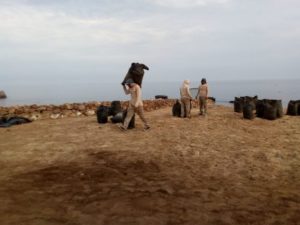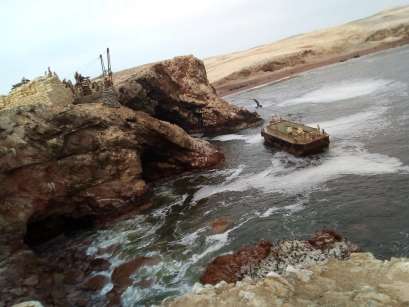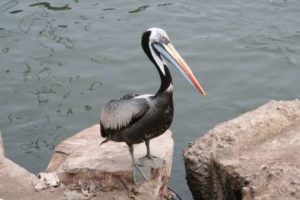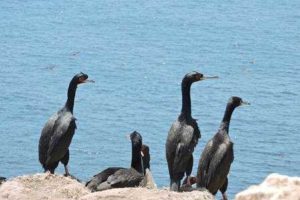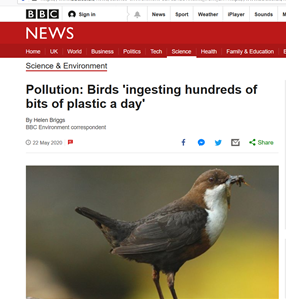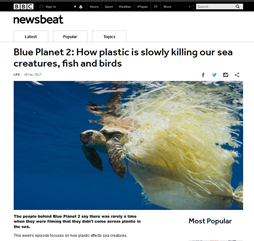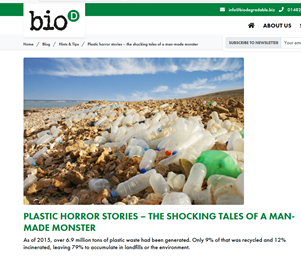Thoughts on non-plastic packaging as we enter Plastic Free Month
Prior to forming Paul Ward Horticulture, I worked closely with key UK retailers as a Senior Technical Manager and Director. During this time, I was one of the first to introduce paper packaging to UK retailers and worked jointly with one supplier to bring non-plastic packaging to market successfully over 20 years ago. So, why has this step change been so slow and why has it taken the BBC’s Blue Planet programme to bring the issue to the fore?
One of the main reasons is that plastic packaging is extremely cheap, consistent and lightweight. Traditionally, paper-based products tended to be bulky, often occupying four times the space of the equivalent plastic product, and not always produced with a consistent dimension and shape or finish.
Final point-of-sale outlets have therefore focused on packaging with a higher level of recyclability and where possible, a percentage of material in the final pack being recycled material. The key is also to have a continuously recyclable product. However, the problem is many council waste streams cannot take dirty plastics and often the recycled items are contaminated with other materials or non-recyclable items. So, what should in theory be a cradle-to-cradle recycling initiative with nearly 100% recovery, often falls far short of this.
To overcome the plastics issue, I have worked with a few small / medium sized UK manufacturers to come up with alternatives to plastics.
We now have access to a range of easily erected prepacks, with self-closing lids and windows for product visibility; right through to paper-based ‘see-through’ packs for products such as fruit pouches or dried fruit goods.
In coming to this point, we have determined there is the availability of the raw materials, skills and technology here in the UK to make these goods.
We have shown several international companies some of the innovations and prior to the COVID-19 outbreak, saw serious interest in our range.
So, whether it is fruit packs or loose wraps, flower bouquets or tray liners you need, we can tailor make a solution for you. If you are interested in finding out more, please call Paul Ward on 07470 452 007 or e-mail paul@pwhort.com


